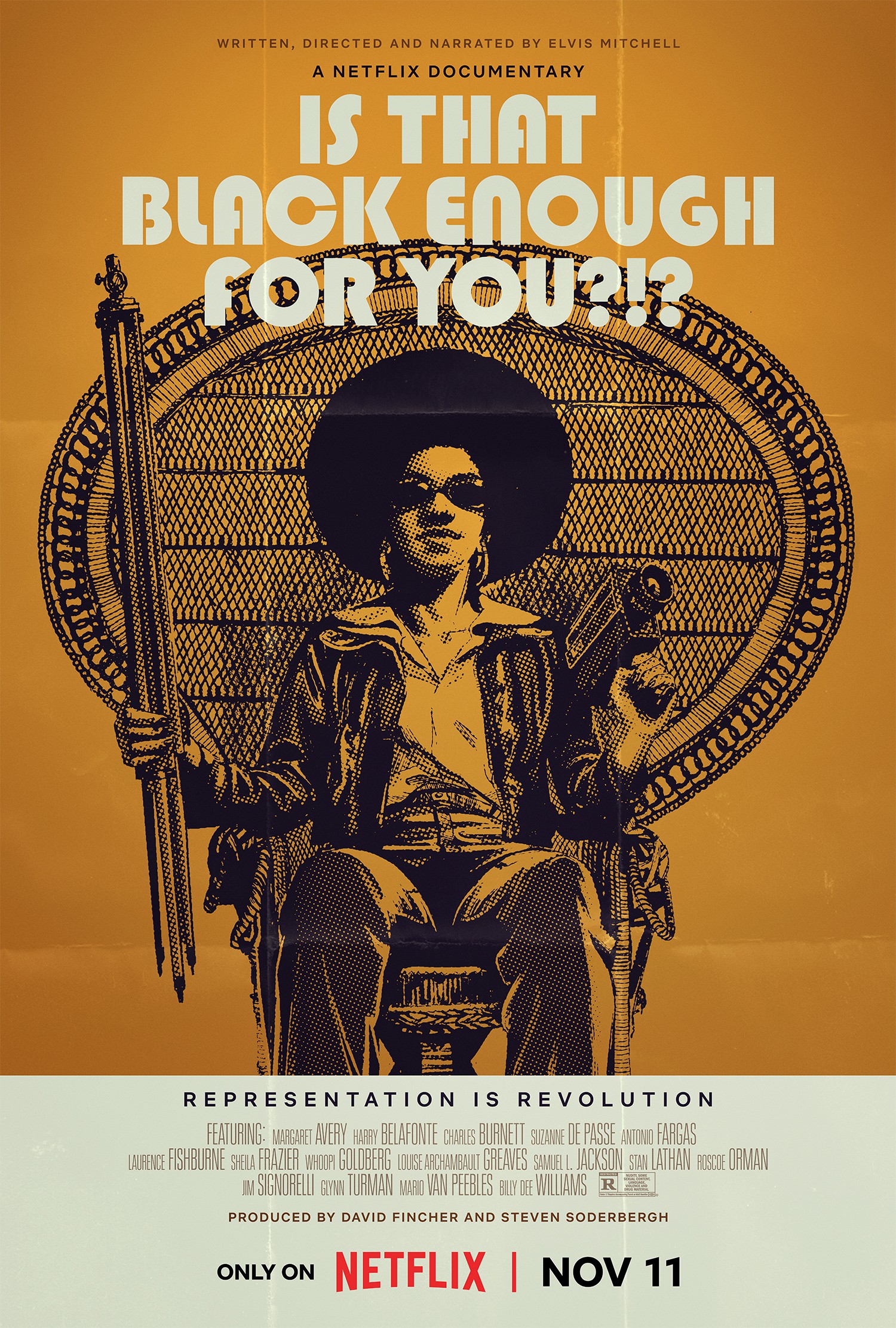
A look at the Black revolution in 1970s cinema, from genre films to social realism, from the making of new superstars to the craft of rising auteurs.
You May Also Like
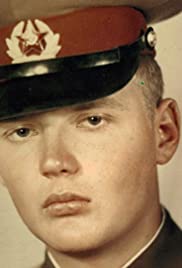
The inside story of Alexander Litvinenko’s murder in London and the subsequent international manhunt that led to the Kremlin, told in full for the first time, with exclusive access to key individuals.
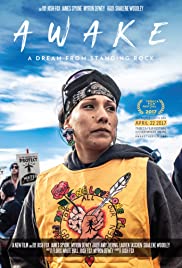
The Standing Rock Sioux Tribe in North Dakota captures world attention through their peaceful resistance against the U.S. government’s plan to construct an oil pipeline through their land.

The documentary presents the life and research of Emil Racovita, one of the first Antarctic explorers, a pioneer of oceanology and the founder of a new science, the bio-speleology. He created in Cluj the first Institute of Speleology in the world. Using photographs made by Emil Racovita in Antarctica, the film focuses mainly on the Belgica expedition (1897-1899), the first scientific expedition who wintered in Antarctica, having Roald Amundsen, Frederick Cook on board and Adrien de Gerlache as captain.

Rowland S. Howard, the Primitive Calculators, Ollie Olsen, Phillip Brophy and many others proffer their recollections and air their animosities in a tribute to the underground music scene of ’77-’81 in Melbourne, Australia. This is a warts and all look at the Melbourne underground music scene of 1977 to 1981 that spawned the likes of Nick Cave, Rowland S. Howard, Ollie Olsen, The Birthday Party, the Primitive Calculators, The Ears as well as venues such as the Crystal Ballroom and others that fostered what became known as the Little Band scene.
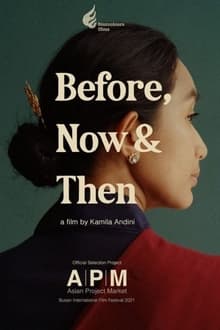
Set against Indonesia’s turbulent post-independence years in the 1960s, the story revolves around the domestic life of a woman whose personal life has been completely overturned by the political turmoil.

A documentary covering the 1964 Olympic Games in Tokyo. It consists primarily of footage edited from the documentary TOKYO OLYMPIAD, directed by Kon Ichikawa.

The extraordinary rise of Olympic boxing champion, record-breaker, feminist and LGBT icon Nicola Adams. From the streets of Leeds to the world stage, Adams fought her way to the top and changed the game. This, is her story.

Eye of the Pangolin is the story of two men on a mission to get all four species of African pangolin on camera for the very first time. As they travel the continent to learn more about those caring for and studying pangolins they are captivated by these strange, secretive creatures and document the race to save them from being poached to extinction. The film was released Endangered Species Day in May 2019 and our goal is to make it the most watched wildlife documentary ever. Therefore we’ve made it freely available as an open source documentary, accessible for viewing by millions of people around the world via YouTube, through educational establishments and at screenings supported by international conservation organisations everywhere.
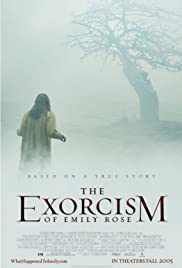
When a younger girl called Emily Rose dies, everyone puts blame on the exorcism which was performed on her by Father Moore prior to her death. The priest is arrested on suspicion of murder. The trial begins with lawyer Erin Bruner representing Moore, but it is not going to be easy, as no one wants to believe what Father Moore says is true.
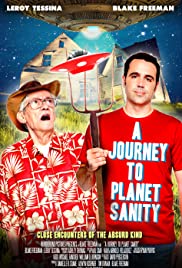
The film follows Director/Actor Blake Freeman, who takes a morally and financially bankrupt 69 year old man named Leroy, on a Journey in search of the truth. Leroy’s spent his life savings on trying to protect himself from aliens and paranormal ghost, by entrusting the help of psychics. Upon the discovery of Leroy’s plight, Blake decides he must take Leroy on a hilarious journey across the country to “uncover the truth” of of all things paranormal. From Aliens to Voodoo curses, Blake takes on them all, by pulling pranks on the “so called” experts with hopes to ultimately prove to Leroy, he has been taken advantage of.
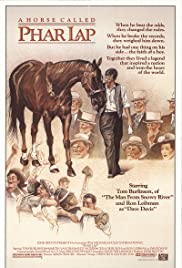
Phar Lap, the big bold chestnut reigned as the king of the turf in the depression that gripped Australia of the 1930s. From his humble beginnings the New Zealand bred horse raced on to become the hero of a nation.
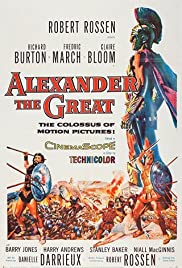
He was a fierce military commander who led huge armies into battle without a single defeat; a magnificent warrior who many believed was part god – this was Alexander the Great (Richard Burton), the legendary Greek hero hailed by his countrymen as “The King of Kings”. Born in 356 B.C. into a turbulent world of political unrest, educated by Aristotle (Barry Jones) and chosen to lead his people in the grand tradition of his powerful father (Fredric March), this glamorous world conqueror rose above all conflict to unite the continents of Europe and Asia to become one of the most celebrated rulers of all time! Written, produced and directed by Oscar – winner Robert Rossen and featuring the extraordinary Claire Bloom and a remarkable cast of thousands, this stunning portrait of one of history’s most fascinating figures is colossal entertainment and an amazing spectacle.